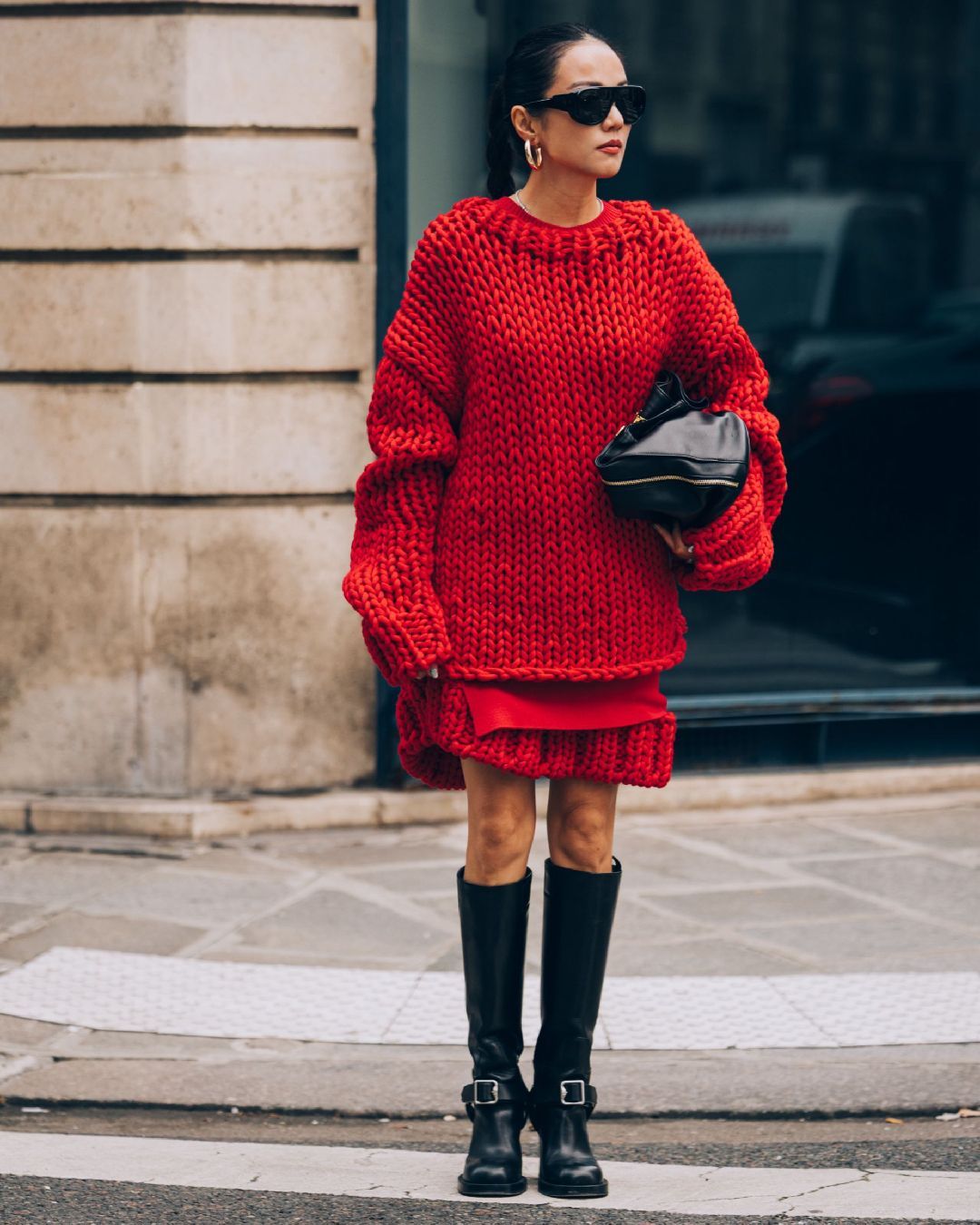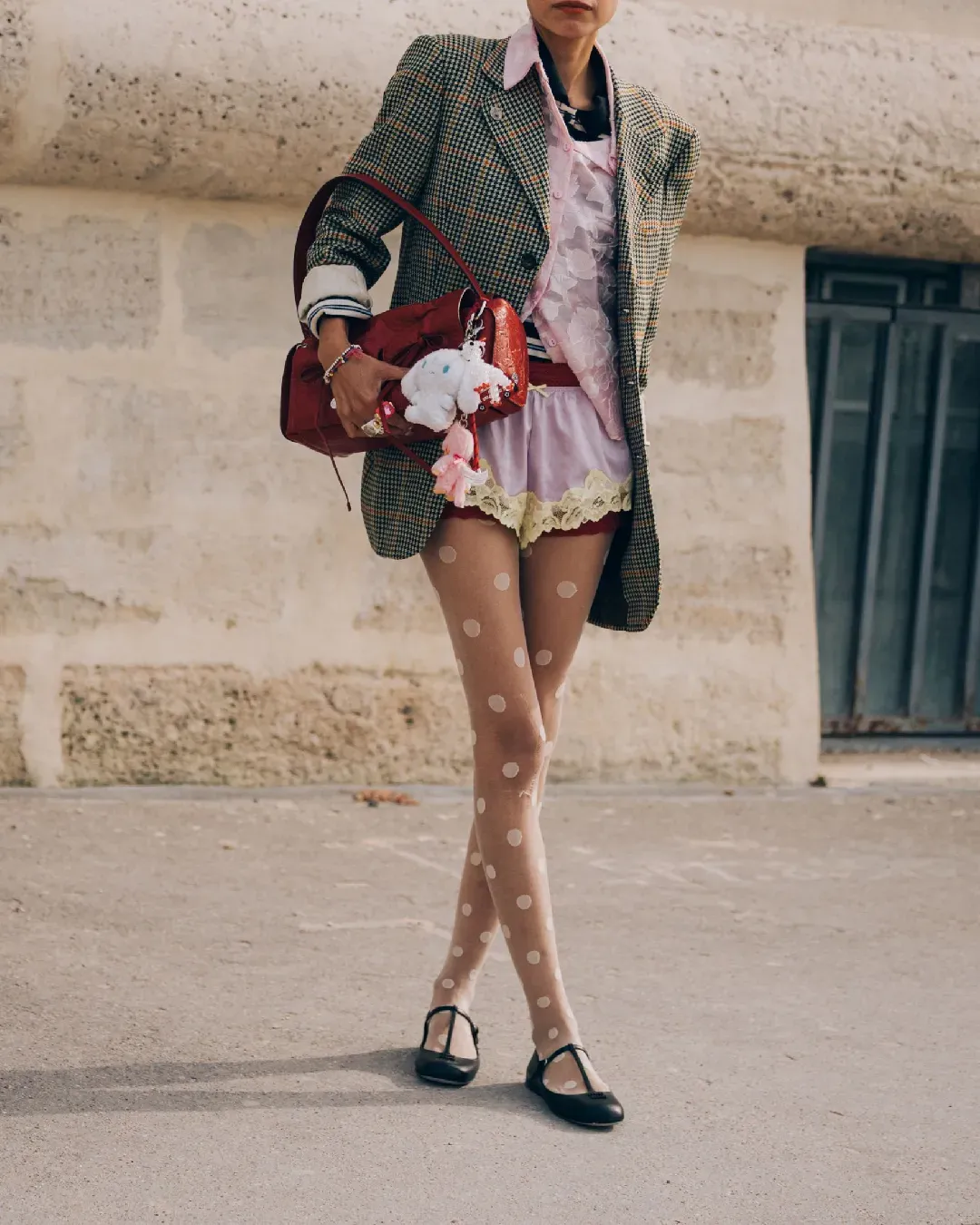
The top 5 future fashion jobs The Director of Education at Domus Academy spoke to nss magazine about it
The concept of constant change is deeply rooted in the fashion industry. Not only in terms of collections and trends, but also on that of the most requested professional figures, as Mark Anderson, Director of Education at Domus Academy, highlighted, interviewed by nss magazine. "Students need to approach the profession with the desire to continue learning, being open and absorbing everything they can," Anderson said, stressing that it is often necessary to combine the technical skills learned during their studies with the so-called soft skills:
«Creativity, perseverance, passion and infinite curiosity are the most important. [...] For fashion professionals, creativity must be accompanied by a knowledge and understanding of current creative production but also of the past. [...] Some of the current and more technical skills revolve around the use and integration of technologies in the design process and in various parts of the fashion supply chain».
These new skills, reflecting cultural, economic and technological changes, are already having immediate repercussions on brand recruiting. Perhaps one the most striking and necessary is the move towards a representaton of diversity. For example, «some companies, such as H&M, have already established the figure of the Diversity and Inclusiveness Manager to promote inclusion policies at the company level», but also on the campaign side many brands «have used black or transgender models to promote a new inclusive approach». With the result of a change in recruiting and casting policies - a change that has invested the world of communication in a greater sense in which «much more importance will be attached to the storytelling of the brand to convey who it is and what it represents, more than the product itself. Authenticity and credibility will be key values in an environmentally-conscious and also economically and socially sustainable approach.»
A new world whose challenges and needs may seem disoriented to those who face it for the first time. For this reason, nss magazine asked Mark Anderson to draw up a list of the top five future fashion jobs.
Virtual Showroom Designer
«The pandemic has pushed consumers towards online shopping. This trend will not clearly end with the current situation and consumers will increasingly have to make use of online shopping tools such as virtual showrooms - interactive spaces with digital rendering where consumers can see the collections online and try them out. A useful tool also for brands that can thus rethink all the management of the wholesale and warehouse part. The goal is to make the experience in virtual showrooms more stimulating and engaging than that of the physical showroom. In addition, these platforms often allow you to leave messages and comments that can give important indications to brands in real time».
Data Editor
«Data Editors have become even more important for brands (not just fashion) that are trying to find a new way to engage end consumers and manage the entire production and distribution chain without loss. In concrete terms, an increasing number of brands are conveying their business decisions on data mining to optimize return on investment. [...] It will be increasingly important for brands to have precise data to refine their marketing strategies and develop new products increasingly targeted on consumer demands and trends. The pandemic has accelerated [...] the transition from offline to online for everything regarding purchases [...]. The Data Editors will be the "magicians" who from the analysis of all the information shared by the user, will be able to direct companies towards more flexible and therefore winning business choices».
Corporate Responsability Manager
«In the coming years, social demands and attention to an ethical approach will be essential assets for a brand that wants to create a link with the consumer and therefore build a successful and competitive business. Fashion has always had a weight in society, in shaping it thanks to trends and an imagination that speaks to different generations but united by the desire to express itself through a style, fashion therefore has, more than other sectors, also a responsibility to be a spokesperson for values of integration, respect for the environment and positive changes at international level. The Corporate Responsibility Manager is therefore a figure who, through transversal skills and a global mink of social and economic macro phenomena, knows how to implement a new ethical approach at all levels of the company».
CGI Artist
«The CGI Artist is an emerging professional figure who in recent years has become fundamental in the creation of images that replicate reality in an increasingly accurate and sophisticated way. This phenomenon has also developed further due to the pandemic that has blocked the production of photo shoots for magazines making the choice of GGI covers or content sometimes mandatory. Computer graphic knowledge is clearly fundamental for this type of role, but we also need a global creative vision that includes the ability to manage and imagine everything about a real photo shoot or lighting, scenography, styling and image composition».
Customer Experience Manager
«This increase in ecommerce traffic, combined with supply chain outages, staff reduction, underscored the importance of the Customer Experience Manager's role keeping consumers informed about their orders across markets, time zones, and social channels. In addition, as the growth of ecommerce will continue to grow even after the pandemic, this type of resource will still be valuable to any brand in a long-term strategy. But the Customer Experience Manager is not only a professional from a point of view of control and management: he must also have a proactive and empathic approach to establish an "complicity" with the consumer even in a cold communication like the one remotely, to make the end customer live a real "tailor-made" experience».







































































